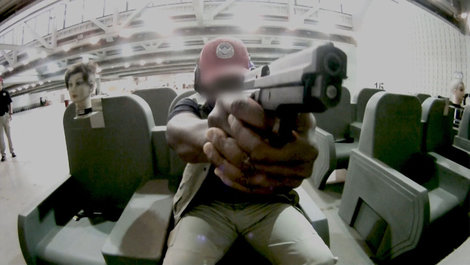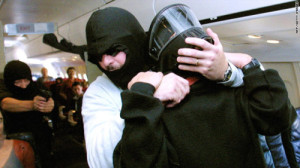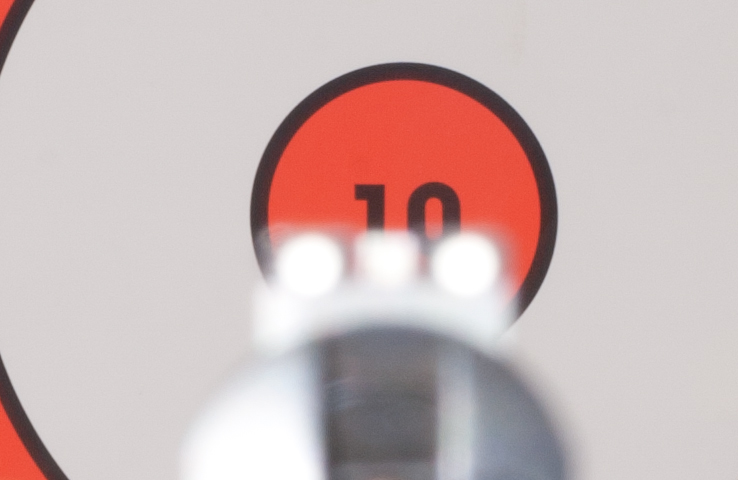Do You Need Police, Fire Or Medical?
[su_heading size=”35″]Supporting The Boys In Blue[/su_heading]
Story and photographs by Troy Taysom
[su_dropcap style=”light” size=”5″]A[/su_dropcap]t some point in our lives we have all probably called 911. We may have needed help or heard disconcerting noises in the night, or worse, witness a tragedy or an accident where someone’s life was in peril, possibly already lost. Whatever the case, we call 911 when we have reached a point where we are stressed, scared and in need of immediate help. We take for granted that when our call is answered we will hear a friendly, calm, professional voice, no matter the time of day or night. This voice belongs to a 911 dispatcher, perhaps the single most important support person during an emergency. The 911 dispatcher is the disseminator of information to the police and a life line to the public.

I recently sat in a meeting with John King, Chief of the City of Provo, Utah, police department, and a recorded 911 call was played for us. The caller was sobbing uncontrollably and it was impossible to understand what they were saying. I’m not exaggerating when I say that it took me 30 to 45 seconds before I really even knew what was happening. It was stressful; I knew the caller needed help, but I didn’t know what kind and I was stunned that the 911 operator could figure it out. The dispatcher was calm and deliberate with her questions and her statements.
“Hon, you need to take a deep breath and tell me what is happening?” I heard the dispatcher say. “Sweetie, I can’t understand you. Can you tell me if the person is still there?” She went on, “It’s going to be OK. The officers are almost there, don’t hang up no matter what, even if you have to stop talking, don’t hang up.” The call lasted a short eight minutes; it felt like it went on for hours.
I can’t dwell on a past emergency, that would interfere with the next call.
After hearing this I decided that I needed to meet the people who choose a job where they constantly speak to people in crisis. No one calls 911 to give good news. The dispatchers answer the phone having no idea what they are about to hear. I’ve lived a long time and seen some bad things, but what I have experienced in 47 years is what a 911 dispatcher hears in a month.

I sat down with the training supervisor for Provo City PD’s dispatch center, Gen Pratt and Lieutenant Brandon Post, the lieutenant in charge of dispatch, to find out what makes these support personnel tick, and how they handle such a stressful job.The dispatch center has a staff of 21 people, with a budget for 24. According to Pratt and Post, the dispatch center is rarely staffed to the allotted 24 people. They have a very difficult time hiring people, and when they do, chances are that they will not make it through training. The turnover rate is higher than that of the people that they support – police, fire and paramedics.
Provo City has had its own dispatch center for 20 years now, and in that time only one dispatcher officially retired. Lt. Post said that less than one percent of hires will retire from the dispatch center – the turnover rate is astronomical. The emotional distress that comes from working with the city’s crisises cannot be quantified, but plays a significant part in the turnover rate.
These quiet and dedicated support warriors pay a high price for their desire to make a difference.
The center in Provo fields 150,000 calls per year. With a staff of 21 people that means that each person takes approximately 7,143 calls per year. That is close to 27 calls per day, per person. That is an amazing number, especially when one considers that these aren’t your Sunday afternoon calls to grandma.
After the interview, I listened to the dispatchers, whom were all women, take calls. At one point everyone was on a call or dispatching. They worked in sync as if they were one person. I had no idea what was happening; everyone was speaking, radio traffic was crackling and the clacking of keyboards was coming from what seemed to be every direction. No one, besides me, got flustered or stressed. These five women just kept talking and somehow communicating with each other. When it finally slowed down, the ladies went back to talking to each other about their plans for the weekend or what their kids were doing. I was in shock; my head was still swimming, trying to figure out what had just happened.

I asked Pratt if calls ever disturbed her. She said, “Not really.” She had learned to treat each call as an in-the-moment experience, and when the call ends, she moves on. I asked her about closure, or wanting to know the disposition of calls that she receives. Pratt said that she can’t dwell on calls and wonder about what has or hasn’t happened. That would interfere with the next call. She did say that there have been calls which have created lasting memories; her first fatality call and her first baby-not-breathing call after returning to work from maternity leave. Both of these calls have stuck with her during for her 11 years at dispatch. This tenure makes her one of the veterans.
When all is said and done, these quiet and dedicated support warriors pay a high price for their desire to make a difference. Burnout is common; retirement is not. Stress is customary and emotional punishment the norm. Recognition is almost unheard of; not because they haven’t earned it, but because so many of us simply don’t think about them – until we need them! ASJ



